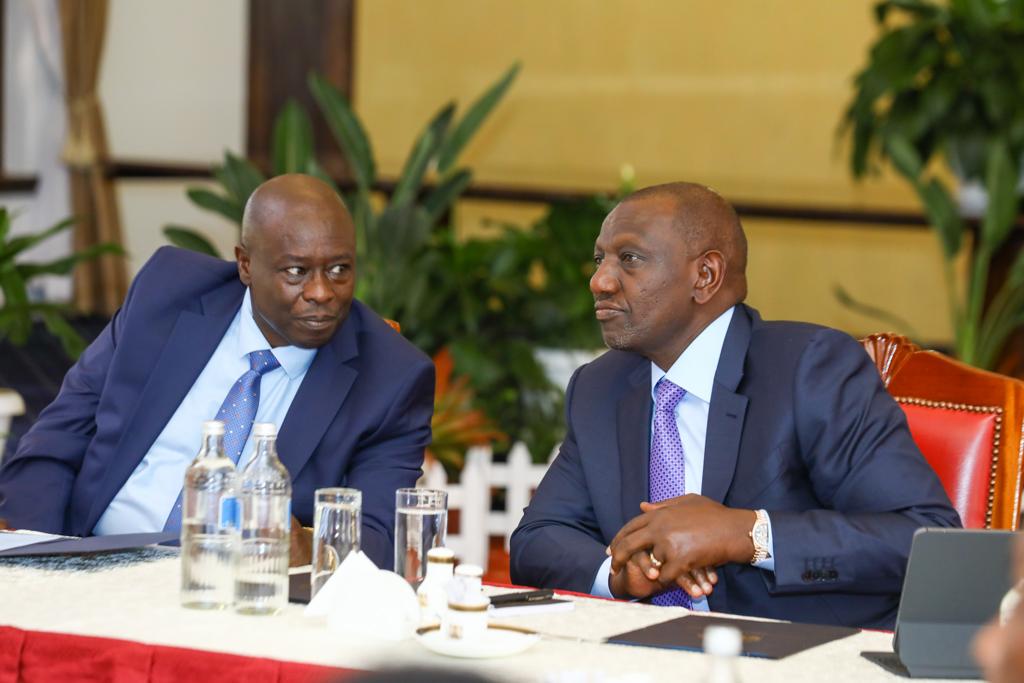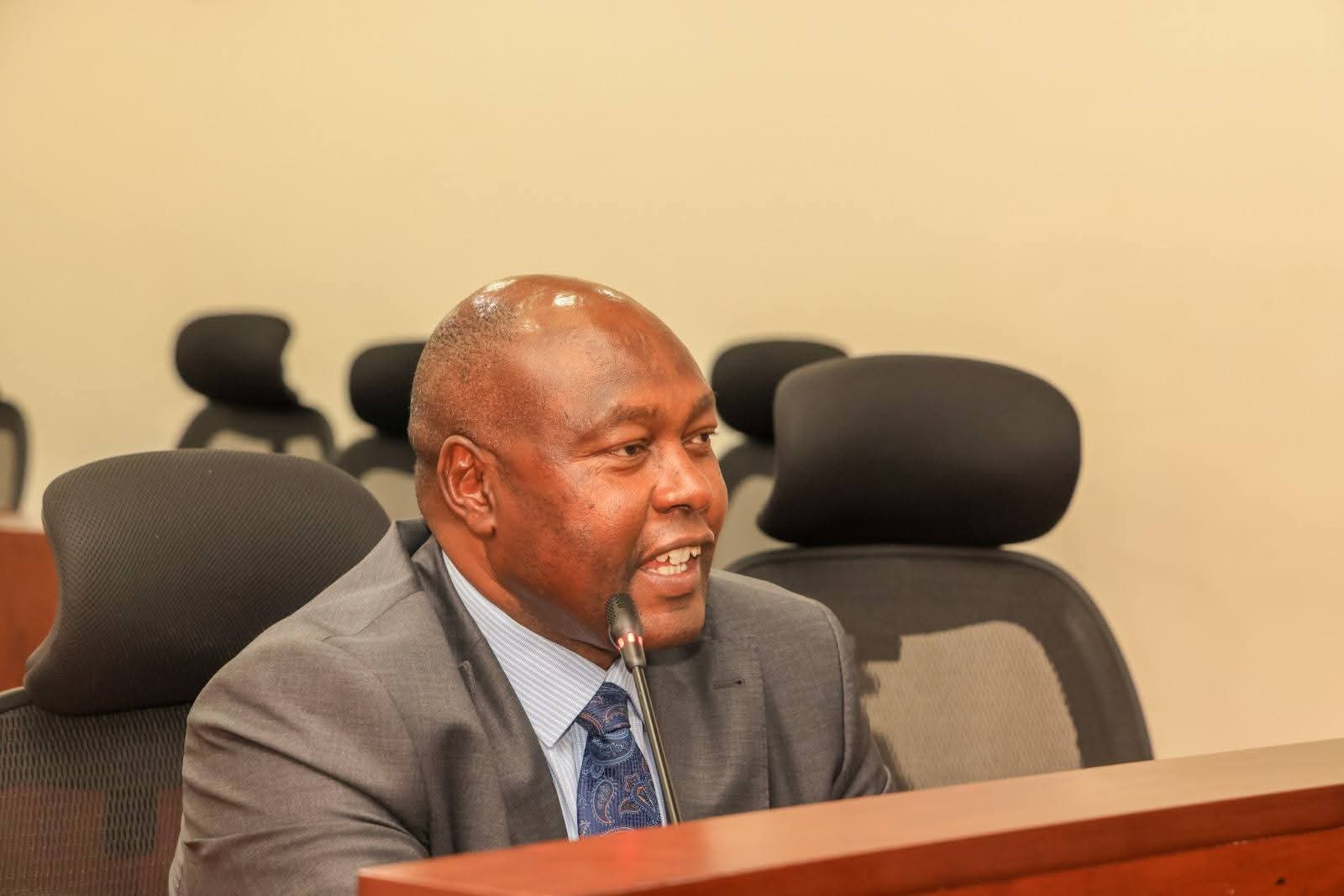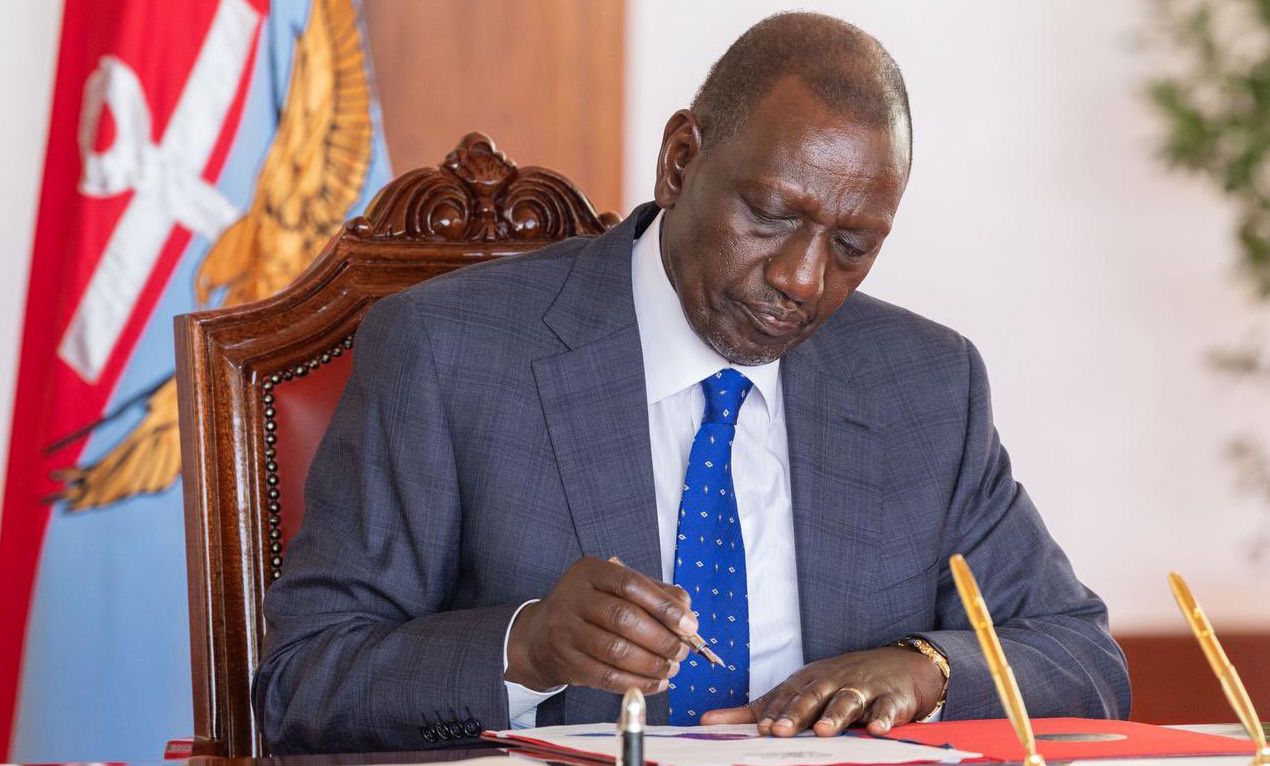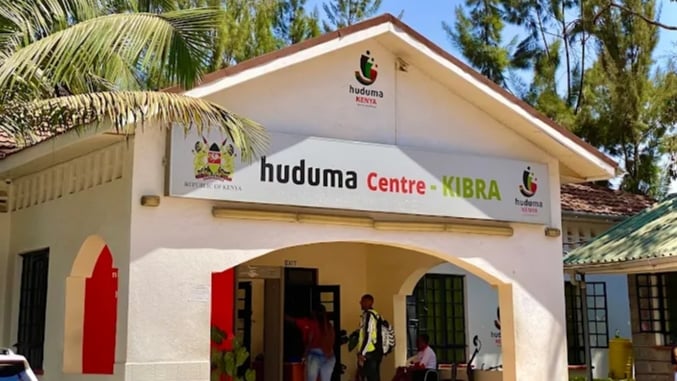Deputy President Rigathi Gachagua has asked farmers to sell their maize now before the arrival of imported grains, which will disrupt the current market prices.
Speaking when he opened the Eldoret National Agricultural Society of Kenya Show on March 3, 2023, the Deputy President said it is the responsibility of the government to prioritise and protect the interest of the farmers first.
“We have decided to import maize to plug in the deficit. Imported maize will reduce the cost of maize. I urge you to release maize into the market. Release the maize in your stores to enjoy the current favourable prices,” he said.
Mr Gachagua noted that imported maize would be tax-free, therefore, cheaper.
To boost production, Mr Gachagua directed relevant government agencies to crack down on suppliers of fake planting materials. He called on the farmers to also exercise caution in the purchase of farm inputs as this will ensure high production.
Read More
The Deputy President assured the farmers that ongoing reforms in the coffee, tea, and dairy subsector will continue and farmers will enjoy better prices. He said the government has issued a directive to the Kenya Dairy Board to stop milk from outside.
“We have stopped importation of powdered milk for local farmers to enjoy better prices. We do not want one person to dominate the market. No more licensing of imported powdered milk,” Mr Gachagua stated.
As part of the ongoing reforms in the coffee sub-sector, the Deputy President said the government will introduce new regulation to streamline the market, demolish cartels and brokers who have driven farmers into poverty.
“We have a paltry 540,000 acres under irrigation- representing just 2 percent of the total land under farming. This is just 16 per cent of our irrigation potential of 3.3 million acres. We will bring an additional 500,000 acres under irrigation by the year 2026. This initiative will progressively save the country Sh87.5 billion worth of food imports and create 3 million jobs among other benefits,” the Deputy President said.
In mitigating the negative effects of climate change, Mr Gachagua urged farmers to embrace climate smart agriculture.
“In climate smart agriculture, we are called upon to integrate crop and animal production into environmental management practices in a balanced and complementary manner. We must invest in technology to receive and understand weather and seasons better and in real time,” he said.
He also urged the farmers to integrate the growing of 15 billion trees by 2032 into their activities, to increase forest cover.






